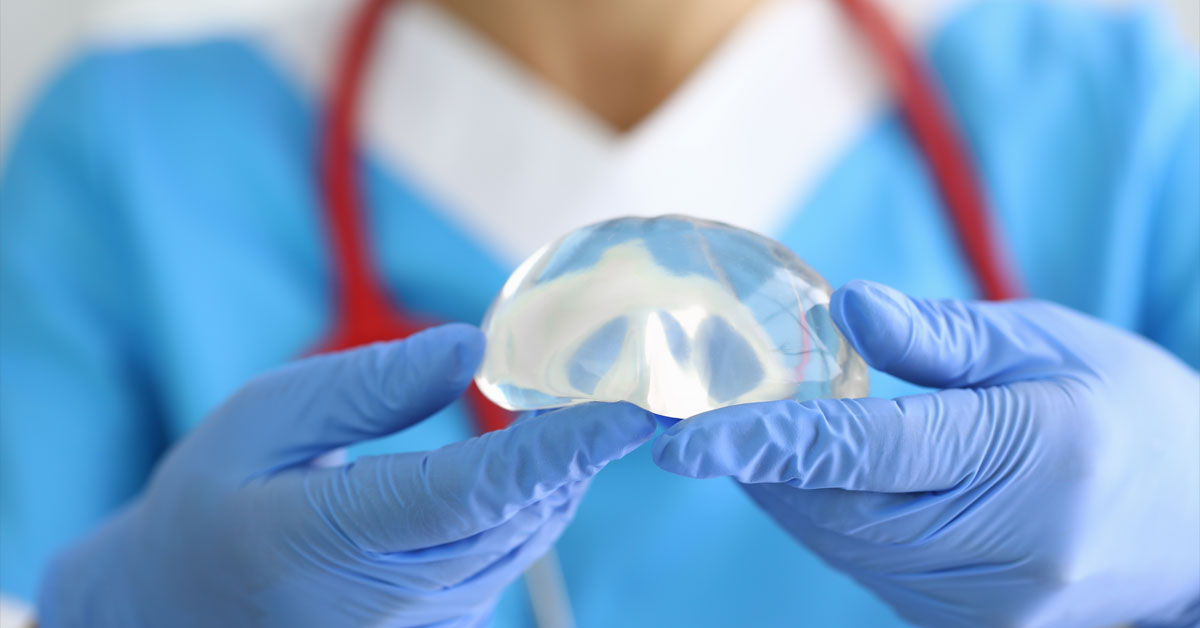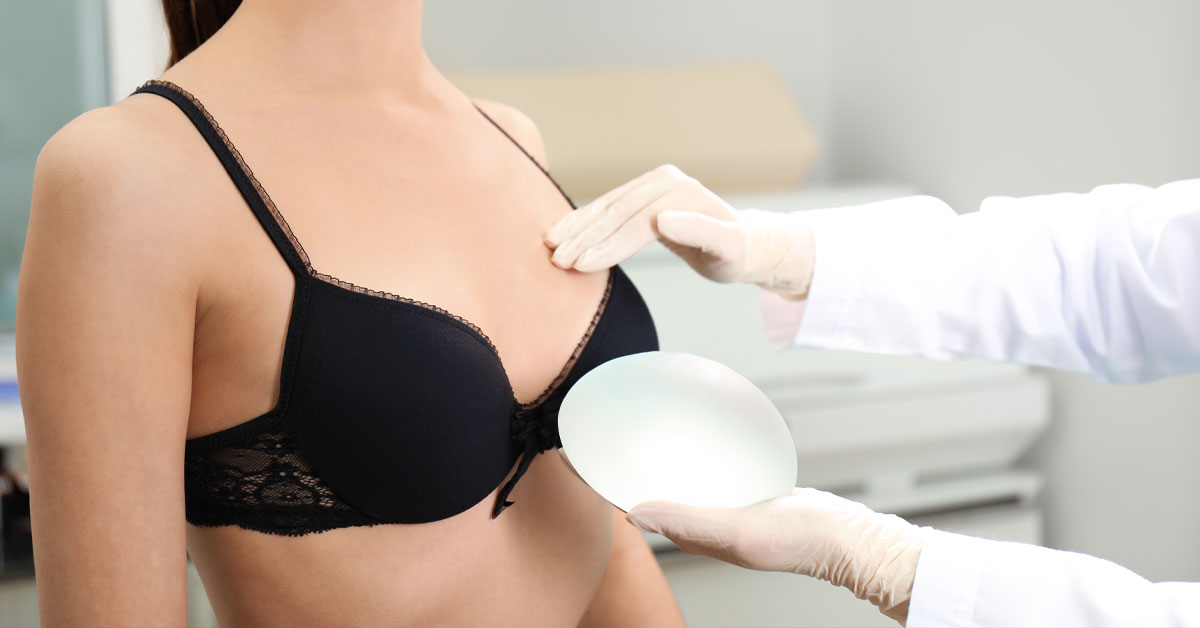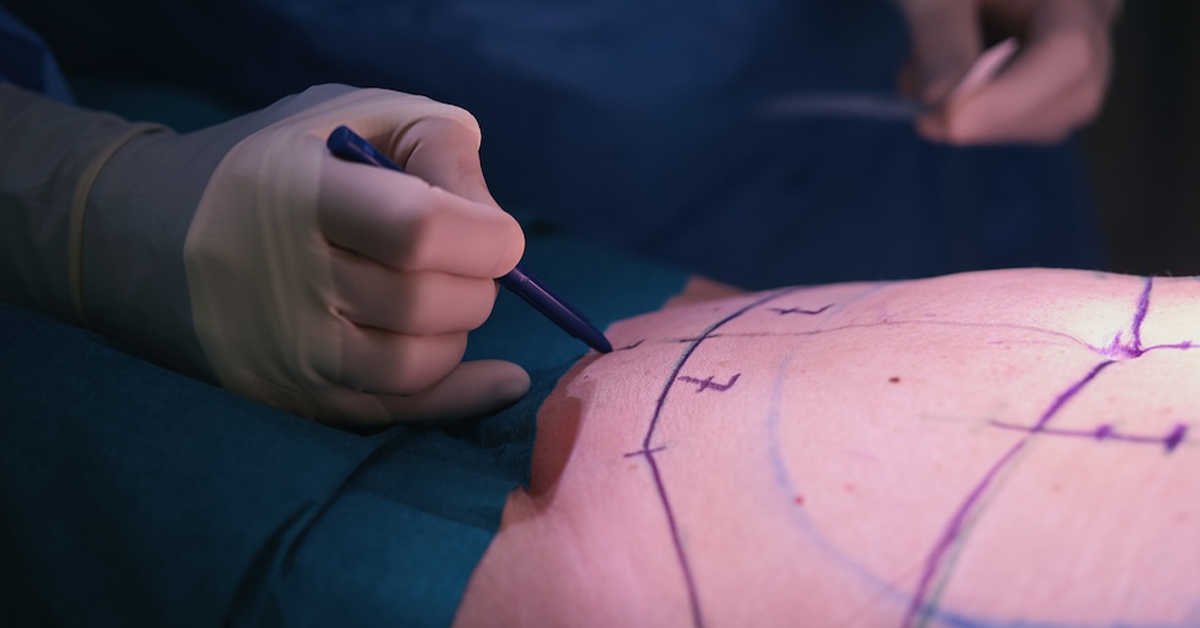How Long Does a Boob Job Last?
Breast augmentation, commonly referred to as a boob job, is a popular cosmetic surgery procedure that enhances the size and shape of a woman’s breasts.
While the immediate outcomes can be visually rewarding and boost self-confidence, many potential patients wonder, how long does a boob job last? Understanding the longevity of breast implants is crucial for anyone considering this procedure, as it can influence decision-making and future planning.
The lifespan of breast implants varies, but they are generally designed to last more than a decade. Saline or Silicone implants typically last for around 10 to 15 years, with some women having their implants beyond 20 years. The FDA does not consider breast implants to be lifetime devices, and they do not have an expiration date or a specific shelf life
Key Highlights
-
The average lifespan of breast implants is 10 to 15 years, but this can vary based on several factors.
-
Regular follow-ups and maintenance can help extend the life of breast implants.
-
Revision surgery may be necessary for some patients due to various reasons, including implant wear and tear, personal preference changes, or medical complications.
Understanding Breast Augmentation
Breast augmentation involves the insertion of implants under the breast tissue or chest muscles to increase breast size. There are two main types of breast implants:
-
Silicone Implants: Filled with silicone gel, these implants are praised for their natural feel.
-
Saline Implants: Filled with sterile salt water, saline implants are known for their safety and adjustability.
The choice between silicone and saline implants depends on personal preference, desired outcome, and professional advice from a plastic surgeon.
Factors Affecting the Longevity of Breast Implants
The durability of breast implants is influenced by several factors:
-
Type of Implant: Silicone implants tend to have a longer lifespan compared to saline ones.
-
Surgical Technique: The method used during the implantation can affect the implant’s longevity.
-
Patient’s Lifestyle: Activities that put excessive strain on the chest may impact the durability of breast implants.
-
Age of the Patient: Younger patients might require revision surgery later in life due to natural changes in breast tissue.
Average Lifespan of Breast Implants
Silicone vs. Saline
| Implant Type | Average Lifespan |
|---|---|
| Silicone | 10-15 years |
| Saline | 10-15 years |
Although both types of implants have a similar expected lifespan, individual experiences may vary. Regular medical check-ups can help monitor the condition of the implants and address any concerns early on.
Signs That You Might Need a Revision Surgery
Even with the best care, some patients may require revision surgery. Awareness of the following signs can help in timely consultation with a surgeon:
-
Change in Shape or Size: Any noticeable change in the shape, size, or symmetry of the breasts can indicate an issue with the implants, such as rupture or displacement.
-
Hardening of the Breast: Known as capsular contracture, this condition occurs when the scar tissue around the implant tightens, possibly causing discomfort and aesthetic changes.
-
Pain or Discomfort: Persistent pain or discomfort around the breasts or chest area may signal complications necessitating further medical evaluation.
-
Visible Wrinkling or Rippling: Particularly common with saline implants, visible wrinkling of the implant under the skin may be a reason for cosmetic concern and revision.
-
Cosmetic Concerns: Changes in size preference or implant position over time.
Revision Surgery: What to Expect
Revision surgery might be necessary for various reasons, including implant malfunction or personal preference changes. This surgery involves the removal or replacement of the implants and possibly addressing any scar tissue.
-
Consultation and Evaluation: The first step involves a thorough evaluation by a plastic surgeon to determine the need for revision surgery. This may include physical examination, imaging tests, and a discussion about the desired outcome.
-
Procedure Options: Depending on the reason for revision, options may include implant replacement, removal, or a lift to address sagging. Each option has its specific considerations and recovery processes.
-
Recovery Period: Recovery from revision surgery can vary depending on the extent of the procedure. Patients typically require a period of rest, followed by gradual resumption of normal activities while avoiding strenuous exercise until fully healed.
-
Cost and Insurance: Revision surgery can be more complex and, therefore, potentially more costly than the initial augmentation. It’s important to discuss costs, potential insurance coverage, and financing options with the clinic. Some manufacturers offer warranties on implants that may cover part of the cost of replacement.
How to Extend the Life of Your Breast Implants
To maximize the lifespan of breast implants, consider the following tips:
-
Schedule regular check-ups and MRIs to assess implant integrity.
-
Maintain a stable weight to avoid stretching the skin.
-
Wear supportive bras, especially during physical activities.
Cost Considerations
The cost of breast augmentation and subsequent revision surgeries can vary widely. Initial surgery costs include the surgeon’s fee, anesthesia, and facility fees, while revision surgery may involve additional costs. Patients should discuss insurance coverage and financing options with their clinic.
Conclusion
Breast augmentation offers lasting results for many women, but it’s important to understand that implants may not last a lifetime. Regular medical follow-ups, awareness of potential signs of complications, and maintaining a healthy lifestyle can help extend the life of your breast implants.
For personalized advice, consult with a professional plastic surgeon who can provide detailed information based on your individual needs and circumstances.
Frequently Asked Questions
While breast implants are designed for durability, they are not considered lifetime devices. The average lifespan of breast implants is 10 to 15 years, but this can vary depending on several factors, including the type of implant, the surgical technique used, and the patient’s lifestyle. Regular follow-ups with a plastic surgeon are essential to monitor their condition and determine if replacement is necessary.
Signs that may indicate the need for breast implant replacement include noticeable changes in breast size or shape, hardening of the breast (capsular contracture), pain or discomfort in the chest area, and visible wrinkling or rippling of the implant. If you experience any of these symptoms, it’s important to consult with a plastic surgeon for an evaluation.
The recovery time for revision surgery can vary depending on the specific procedures performed. In general, patients might experience a similar or slightly longer recovery period compared to their initial breast augmentation. Your surgeon will provide detailed post-operative instructions to ensure a smooth recovery process.
It’s recommended to schedule annual check-ups with your plastic surgeon to assess the condition of your breast implants. Additionally, for those with silicone implants, the FDA recommends MRI scans every 2-3 years post-surgery to check for silent ruptures. Following these guidelines can help identify any potential issues early on.
Yes, during revision surgery, it’s possible to switch the type of implant from saline to silicone or from silicone to saline. This decision should be based on your personal preferences, lifestyle, and in consultation with your plastic surgeon, who can advise on the best option for your specific needs and desired outcomes.
Breast Augmentation in Miami, FL
To initiate your Breast Augmentation journey in Miami, it’s essential to schedule a consultation with our team. If you’re interested in learning more about the procedure, call us now at (305) 406-9055 or conveniently schedule a consultation online. Our experienced professionals will guide you through the process and address any concerns you may have.










